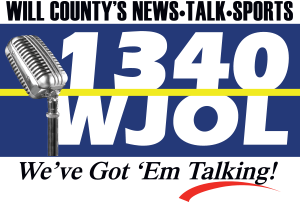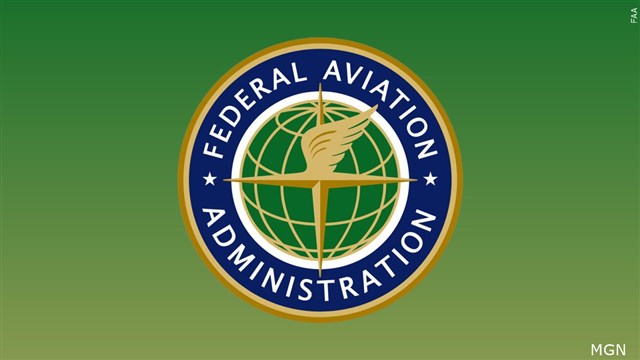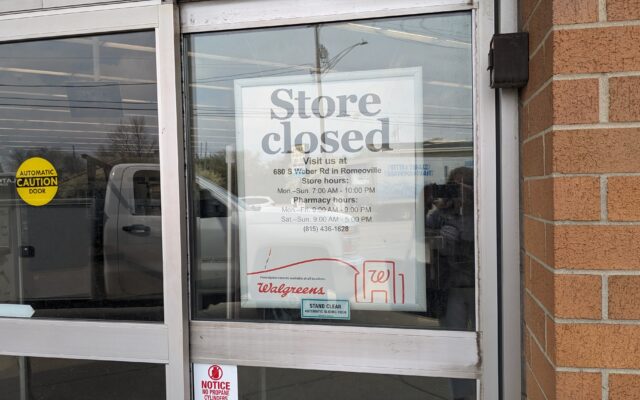Gov. Pritzker and Illinois State Board of Education Announce $54 Million Increase in Early Childhood Education Funding

4,500 additional students will receive services made possible by a 10% block grant increase
Governor Pritzker and the Illinois State Board of Education (ISBE) today announced the allocation of a $54 million increase in funding for the Early Childhood Block Grant as authorized by the Governor in the FY2023 state budget. The funds, which reflect a 10% increase in the overall Early Childhood Block Grant budget, will serve 4,500 additional Illinois students, adding to the more than 112,190 children who receive early childhood learning supports through state funded programs.
“Supporting children from pregnancy to toddlerhood to preschool is one of my administration’s top priorities,” said Governor JB Pritzker. “And in Illinois, every child deserves an equal opportunity to learn and succeed, regardless of their family’s socio-economic status. So we are investing millions to strengthen our early childhood education system—empowering families, teachers, and childcare workers to build the foundation for the next generation of young Illinoisans. Here’s to making Illinois the best state in the nation to raise a family.”
Evidence shows that early intervention services are essential in providing a strong socioemotional and academic foundation for children. 90% of brain development in children occurs during ages 0-5, before most children enter kindergarten. This grant expansion supports programs including Preschool for All, home visiting services, cost of living increases for teachers, and support programs for expectant mothers and those with children ages 0-3.
The $54 million increase will allow Illinois to increase the number of children participating in all programs by an estimated 4,500 students.
-
- Approximately 3,000 additional students will receive Preschool for All programming, bringing the total served to almost 8,400 children.
- Nearly 500 additional students will enter into full-day Preschool for All Expansion programs, doubling the program’s capacity.
- Around 250 additional children and families will receive Home Visiting Services through the Prevention Initiative. Currently, over 12,200 children and their families are served annually through the program.
- All current and new Home Visiting programs will be eligible to receive funding to provide doula services to support expectant parents before and during birth.
- Approximately 350 additional children will receive Center-Based Prevention Initiative Services, bringing the number served to 7435.
“High-quality early childhood services are essential for children to get a strong start in life,” said State Superintendent of Education Dr. Carmen I. Ayala. “Illinois’ state-funded early childhood programs provide free, evidence-based care and education for young children, so they start school ready to learn. This $54 million increase in state funding will boost access and equity, allowing Illinois to reach thousands more children and families. This year, new grant dollars also raise compensation for early childhood educators in community-based programs and provide funding for doula services in eligible home visiting programs.”
In addition to funding allocated to increase program capacity, the increase will support a 5% cost of living increase for all teachers at community-based programs. The increase will maintain infrastructure for programs including professional development, technical assistance, training, and other essential functions.
Governor Pritzker’s administration has consistently prioritized early childhood education and childcare programs for the most in-need Illinoisan families. Illinois dedicated significant portions of federal aid funds during the COVID-19 pandemic to keep childcare centers running, and in 2021, Governor Pritzker allocated $1.6 billion in federal dollars, the largest state investment ever, to expand access to early childhood education and child care programs. He formed the new Division of Early Childhood at the Illinois Department of Human Services to centralize and manage childcare grants and funding. The administration also increased Child Care Assistance Program (CCAP) reimbursement rates, raised the CCAP income eligibility limit, and lowered copays for eligible families with parents or guardians working in the childcare sector.






